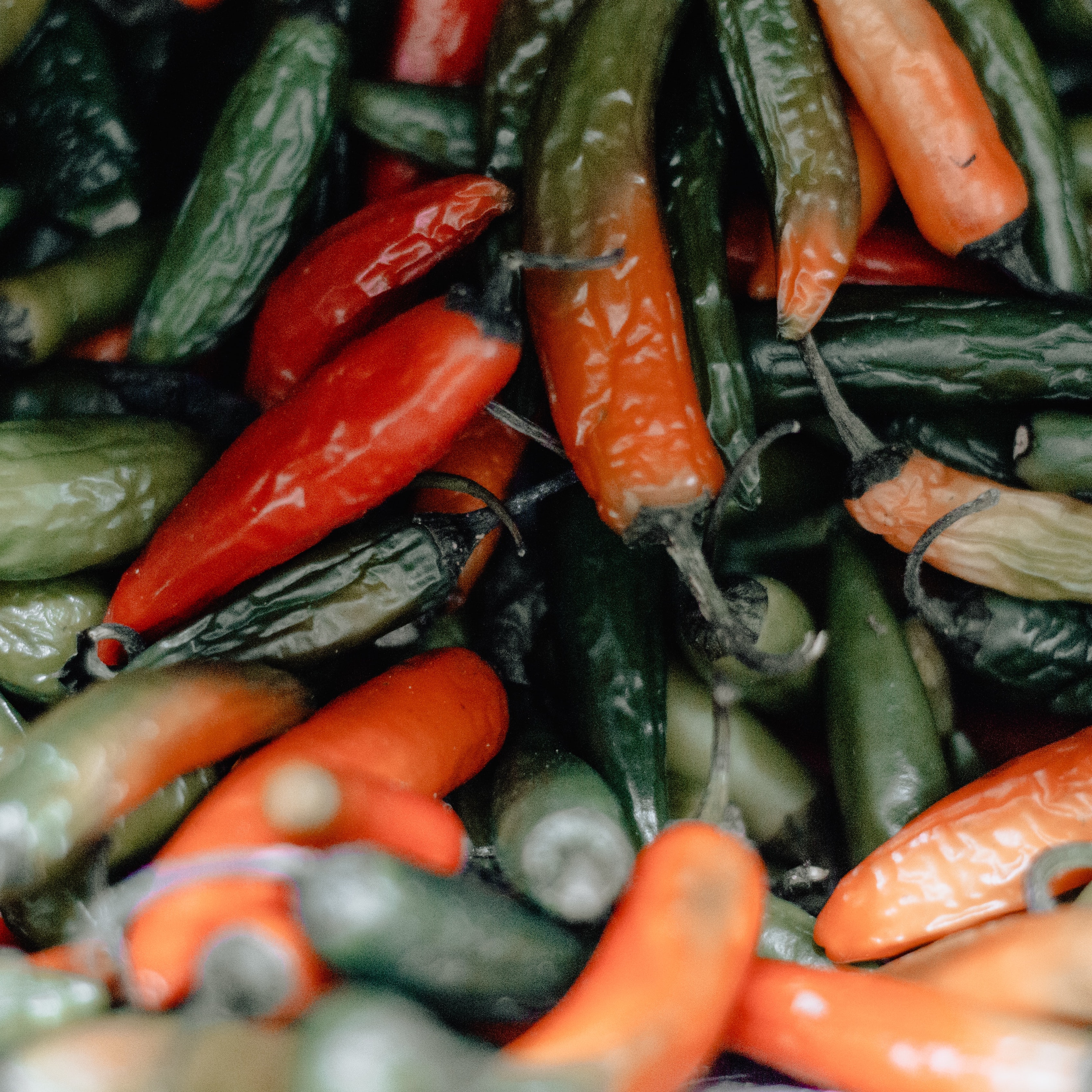Green Action Week: What does ‘sharing community’ look like in 2020?
Populations in developing countries are particularly vulnerable to the spread of COVID-19. Across the globe, borders have shut, national emergencies have been declared and restrictions in the movement of people and goods have been enforced. Amidst these challenging conditions, working to deliver positive change, promoting sustainable consumption and maintaining a sense of community is more essential than ever.
Green Action Week (GAW) is a global campaign by the Swedish Society for Nature Conservation (SSNC) which aims to promote sustainable consumption. In this blog, we explore three major themes of GAW 2020 based on the campaign plans of our members, as countries work to mitigate the long-term impact of the pandemic on the economy, human health and society.
1. Promoting Healthy, Sustainable Diets
Malnutrition is a public health problem as recognised by The UN Decade of Action on Nutrition 2016-2025. Access to nutritious, safe and sustainable food is essential. Bénin Sante et Survie du Consommateur (BSSC)’s awareness campaign aims to improve the nutritional status of children through promoting balanced diets and local food resources with high nutritional value. In Indonesia, Yogyakarta Consumers Institute (YCI) is also highlighting the importance of using local products, by encouraging urban consumers to jointly cultivate organic vegetables and fish to meet their own needs and for sale to others.
In Kenya and Yemen, members have highlighted that consumers largely lack awareness of sustainable food products. To mitigate this problem, the Kenya Consumer Organisation (KCO) is organising exhibitions showcasing sustainable goods and services and demonstrate the excellent nutritional levels of indigenous vegetables to encourage behaviour change. Yemen Association for Consumer Protection (YACP)’s project will also aim to increase awareness amongst Yemeni consumers by allowing communities to participate in practical activities to implement food safety measures.

2. Waste Reduction
Excessive levels of consumption are leading to unsustainable living. Creative collaborative actions are needed to reduce waste. Consumer Unity and Trust (CUTS) in Ghana and Citizen consumer and civic Action Group (CAG) in India are both centring their projects around women: CUTS will encourage dialogue among various actors and explore different technologies to reduce waste and CAG’s project will establish sharing groups and train women from the local community on the importance of recycling and reusing resources.
The circular economy is important for reducing waste. A Green Alliance report published in 2019 assumes that in England, a more circular economy could cut plastic arisings from households by half compared to the ‘high recycling’ scenario, while increasing the amount of plastic collected by nearly 60 per cent compared to business as usual. Colectivo Elcologista Jalisco (CEJ) will strive to reduce waste in Mexico by promoting circular economy practices through giving consumers clear information on waste and labelling. This project will also promote the key consumer rights of information and education to support sustainable consumption.
In the context of the coronavirus pandemic, the increasing amount of plastic waste is a stark reminder that more must be done to combat plastic pollution. In Lebanon, the majority of consumers buy plastic gallon packages for drinking water. Consumers Lebanon (CL)’s ‘One Seed, One Community’ project aims to reduce plastic waste at the household level by collecting the used plastic gallon packages, cleaning them, and distributing them to other groups with seeds and seedlings inside. They will provide households with guidelines on how to cut the use of the gallon packages and additionally will distribute seeds and seedlings for edible vegetables and herbs. Those who receive seeds and seedlings will be traced by a serial number and if interested, the donors of their seeds can follow up on the growth of the plants in their donated gallon packages via social media. This will create a sharing community and help connect people who may have felt isolated as a consequence of the Covid-19 lockdown.
3. Health and hygiene
Unhealthy local environments affect both human and planetary health. The UN-Water Global Analysis and Assessment of Sanitation and Drinking-Water (GLAAS) report published in 2017 states that the consumption of unsafe water impairs human health and untreated sewage can contaminate drinking-water supplies and the environment, creating a heavy burden on communities. Improved access to sanitation, clean water and basic levels of hygiene therefore ensure happier, healthier and more productive communities. In the populous neighbourhoods of the Bamako District in Mali, many women and girls do not have access to appropriate sanitation. Regroupement pour la Défense des Consommateurs du Mali (REDECOMA) will educate consumers on the importance of sanitation and establish a sharing platform for tools to improve sanitation facilities.
The Sudanese Consumer Protection Society (SCPS) in Sudan and Consumer Education and Research Centre (CERC) in India will promote a local healthy environment by creating a sense of community amongst primary school-aged children. SCPS will address overcrowding in schools and a shortage and absence of sanitation facilities by building on its 2019 success, creating a further 8 eco-schools in another 8 primary schools. In India, CERC will create a physical sharing platform to share provisions and encourage the use of proper sanitation tools amongst local communities, especially amongst primary school-aged children. The aim is to inspire school students and stimulate greater care for the local environment.
We are excited to celebrate the new ideas, insight and innovations of our members that will deliver impact and progress towards Sustainable Development Goal 12: Responsible Consumption and Production.
Green Action Week will take place from 28th September to 4th October 2020. Stay tuned with updates on the member projects and join us by using #GreenActionWeek on Twitter and Facebook. We would also love to hear updates about your campaigns or actions you are taking to promote sustainable consumption in your country or region.